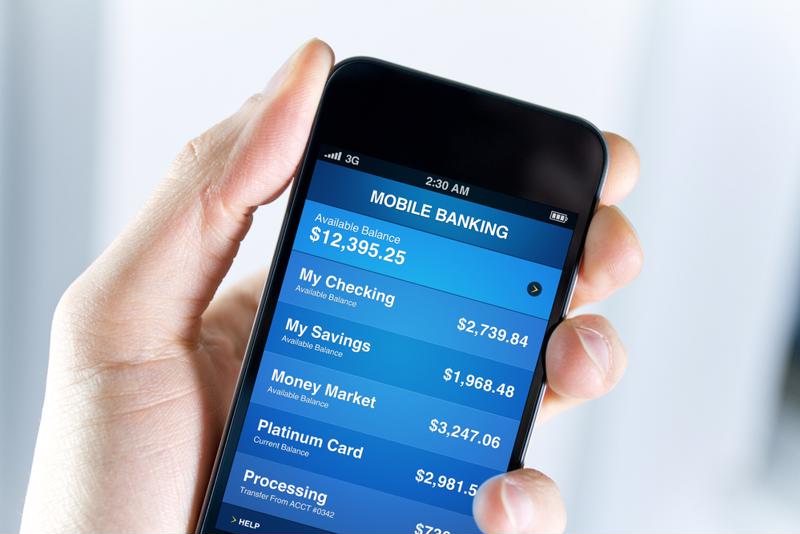The payment processing industry is quickly evolving. On one hand, there are massive changes in technology on the business side of operations, as the impacts of cloud computing and the ubiquity of mobile devices are just making themselves clear. Many merchants also worry about cybersecurity, and these new solutions that protect consumer and corporate data weigh heavily on budgets and minds. After all, investments in the cloud, encryption, tokenization or mobile POS could prove fruitless if other technologies emerge as the gold standard.
Then, there are the shifting needs and demands on the consumer side of things. Mobile devices are only partially to blame, as cultural norms and trends also contribute to the general shape of customer behaviors. Modern shoppers demand convenience and efficiency when purchasing products and services, as they can just as quickly buy items from competitors.
All of these changes are putting B2C and B2B merchants in an interesting position, especially in regard to payment processing. The evolution of transactions is forcing businesses to conform or be forgotten.
According to PYMNTS, Matt Barrs, senior vice president of emerging payments at MasterCard U.S., explained that technology enhancements, specifically tokenization and mobile devices, are making the distinction between card-present, card-not-present, NFC, in-store, online and in-app payment processing "quite dated."
Now, merchants need to approach all of those payment methods as a singular problem that calls for one complete solution. However, jumping too quickly into a new technology investment could leave an essential piece of the puzzle out of the picture. Here are three considerations to make before procuring new payment processing and security solutions.
"Modern merchants need platforms that integrate with ERP applications and existing hardware and software."
1. Integration
Retailers and suppliers know that in the coming 12 months, they will be paid in a wide variety of ways. Additionally, they are probably using a few different systems for each payment method. This is not a best practice, as poorly integrated solutions can cause lapses in cybersecurity and good judgment.
Instead of legacy payment processing technologies, modern merchants need platforms that integrate with ERP applications and existing hardware and software, or resort to upgrading all their systems at once on a regular basis. This means that the integration is deep and useful, cutting down human interaction with automation and lowering the chance of a data breach caused by prying eyes.
2. Accept mobile payments
When retailers and suppliers hear the term "mobile payments," their minds probably go all over the place, with some thinking Apple Pay and others considering accessories such as Square. This isn't exactly bad, but it indicates that mobile payment processing is much more complicated than it might appear. In fact, Mobile Payments Today pointed to four major categories of mobile transactions:
- Self: Using smartphones or tablets to transfer money between accounts or depositing checks remotely
- People: Taking advantage of money-sharing mobile applications to pay friends, family and small groups
- Retailers: Consumers use proximity payment methods in a store or when buying products and services from an app or website
- Billers: Either capturing an image of a bill to pay or using biller mobile apps
The point here is that one strategy might encompass all of these methods, tying back to the importance of complete integration. Small businesses and online retailers might make and receive payments through all of the four major categories. Merchants need to stay aware of what's popular and which solution works for their needs when it comes to various mobile payment processes.
 From transferring B2B payments to receiving money, mobile devices are becoming the go-to choice for transactions.
From transferring B2B payments to receiving money, mobile devices are becoming the go-to choice for transactions.3. Security
In this day and age, overlooking security can set a business up for failure. So, when looking for a payment processing security solution, merchants will need to find one that meets all of their needs.
Often the most important requirement is PCI compliance. This means that the best solutions will reduce the scope of guidelines and protocols, allowing a retailer or supplier to focus on the company and not on protecting data. Merchants should also consider that PCI compliance will become more difficult as more consumers demand better cybersecurity.
Another great way to prevent a data breach is to remove any payment information from IT environments. After all, it's far more likely that a company can lessen the impact of an intrusion than the chance of being a victim to begin with. That said, payment processing solutions still need strong cybersecurity measures.
[horizontal_line]
Does Your Business Need Help Accepting Electronic Payments?
[spacer_div_10]
[button_link]We Can Help[/button_link]


